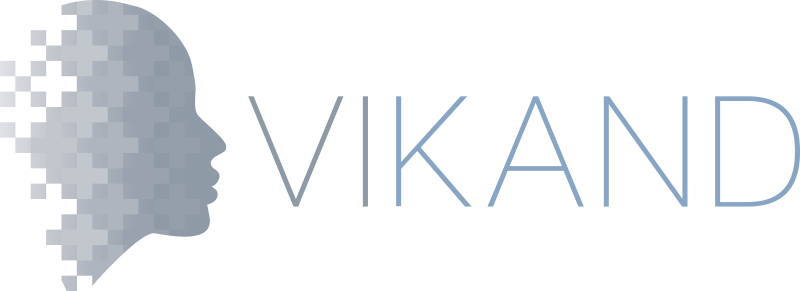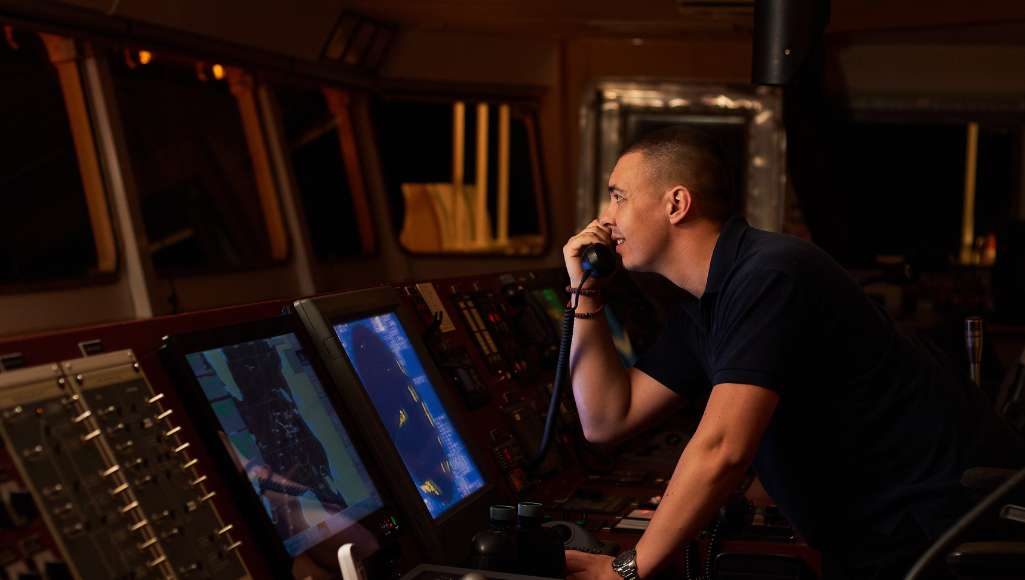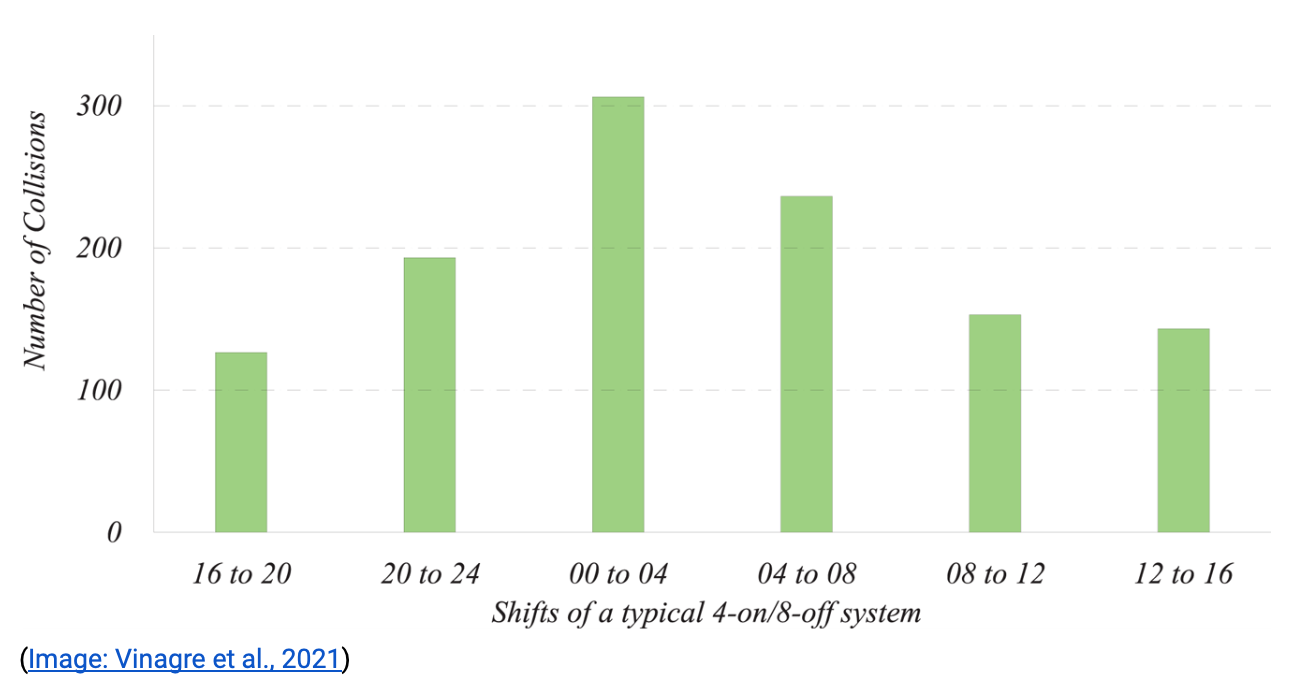
Fatigue Support is Critical to Safe Vessel Operations
There is a critical need for fatigue support throughout the global maritime industry. Sleep and circadian rhythms influence human performance, impulsivity, decision-making, learning, memory, alertness, and overall physical and mental health.
Fatigue Can Lead to Disaster
If we look back in history, the demand for humans to perform critical tasks at adverse circadian phases (i.e. biological night) while lacking adequate sleep has played a role in some of the world’s most devastating industrial and engineering disasters, including the meltdowns at Chernobyl and Three Mile Island, the Exon Valdez oil spill, and more.
However, fatigue also contributes to “everyday” workplace incidents. The combination of inadequate sleep and adverse circadian phase impacts industries where performance, alertness and attention are critical to success, especially when failures have severe consequences. In fact, the U.S. National Transportation Safety Board cites fatigue as a probable cause, contributing factor or finding in 20% of investigations between 2001-2022 (Marcus & Rosekind, 2016).
The Science of Light and Sleep
Three components of light are the most potent stimuli for shifting circadian rhythms: spectral content, intensity and timing of administration. Research has shown that light with specific spectral characteristics and an ideal intensity, delivered at the appropriate time, can align endogenous circadian rhythms and the external environment.
However, inappropriate timing can be an equally powerful disrupter. One potential reason that fatigue hasn’t been meaningfully addressed in the maritime industry is that, historically, it has been a hard problem to solve. But today, technological advances make it possible to administer targeted light that can help enhance circadian alignment, sleep and performance.
In a recent article focused on maritime shipping accidents, researcher Juan Vinagre-Ríos and colleagues showed that similar patterns have been repeatedly observed in collisions and accidents. Collisions happen more frequently at night or in the early morning, and when humans are asked to perform critical duties overnight, they typically perform these duties at adverse circadian phases. In other words, we’re asking people to fight their physiology to try and maintain alertness when their body and brain are pushing for sleep. In addition to a greater number of collisions, these accidents were also determined to be more serious.
Current lighting systems lack the algorithms for shifting and positioning one’s endogenous circadian timing system using appropriately timed and configured illumination. The necessary hardware, such as LED lights, controllers and sensors, are all readily available, but the science to combine them into a data-driven, evidence-based system that achieves specific outcomes (e.g. peak performance during a night shift or following a time zone change) has not been developed and deployed – until now.
Circadian Positioning Systems Has a Solution
In order to address fatigue issues at sea caused by circadian misalignment and lack of sleep, Circadian Positioning Systems (CPS) developed a circadian-targeted lighting system. The core of this solution is biophilic smart lighting that uses input from wearable smart sensors (CPS Actigpatch) and watch schedules to deliver optimal lighting recipes, with the goal of positioning circadian rhythms for peak performance.
The CPS system achieves fully integrated, smart circadian illumination to enhance the success of mission-critical work at sea, and it’s been tested in real-world settings with excellent results. When the system was deployed on a cruise ship, crew members exposed to circadian-targeted lighting showed improved circadian rhythm alignment, and their total sleep time increased by 35 minutes per day.
The link between fatigue and accidents is just one reason an adequate reset is so important. Chronic circadian misalignment and sleep loss are also linked to a host of health risks, including reduced immune function, cardiovascular disease, cancer, diabetes, obesity and mental health issues, among others. From the standpoint of crew wellness and safety, which directly impact productivity and a company’s bottom line, the maritime industry would be wise to invest in data-backed fatigue solutions.
If you’re interested in learning more about CPS’s advanced sleep and fatigue management systems, reach out to VIKAND for a hands-on demo of product features and benefits.



